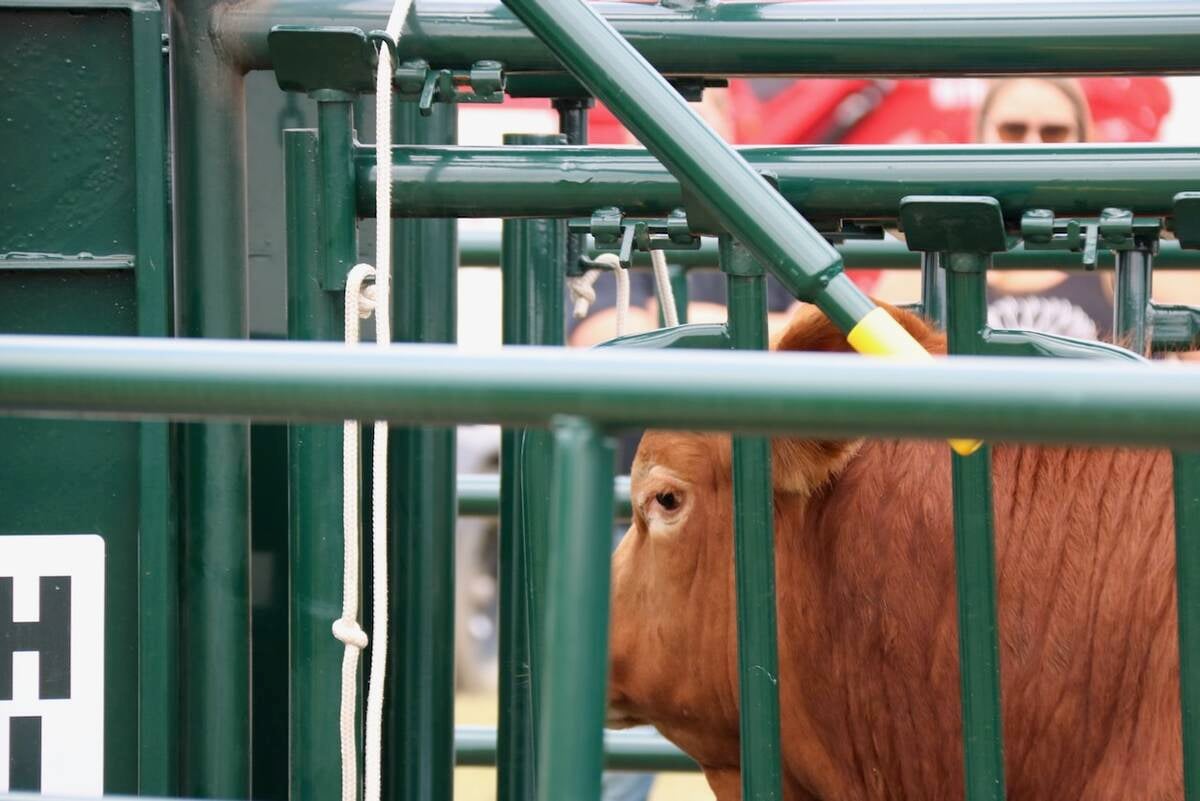A drug to treat coccidiosis in calves has recently been approved for use in Canada.
Baycox 5% is a Bayer HealthCare product designed to prevent clinical signs of coccidiosis and also reduce shedding of the protozoa parasites that cause and spread it.
Dr. Bruce Kilmer, director of technical services and regulatory affairs for Bayer, said the orally applied treatment works against the two most prevalent species of coccidiosis found in Canada.
“Research has found that it will improve weight gains,” Kilmer said.
“It allows for development of a normal immune system. It prevents the clinical signs of coccidiosis, so you’re not going to see the negative, where coccidiosis can cost a producer in treatment cost or labour cost or reduced weight gains, impaired feed conversion and a greater susceptibility to diseases.”
Read Also

Good handling equipment a must on cattle operations
It’s important for the safety of producers and everyone else dealing with their stock that handling equipment is functional and safe.
Coccidiosis is a common disease that primarily affects young calves.
The parasitic protozoa multiply internally, affecting the lining of the intestines.
Symptoms include diarrhea, fever, weight loss and anemia. In severe cases, there may be blood and mucus in the manure.
“If you go out and look, you could find coccidiosis in calves in about 64.1 percent of the herds in Canada,” Kilmer said.
“There’s been actually Canadian publications on this. And it costs producers, estimates in today’s dollars, about $23.8 million lost per year.”
Early treatment can prevent clinical signs of the illness, and a single oral dose is sufficient, said Kilmer.
Baycox was approved for use in piglets in 2010 and in lambs last year.
It is available only through veterinary prescription.
Kilmer said proper identification of the illness and determining the best time to treat are critical, and these are best determined by a veterinarian.
Once treated, calves can develop a natural resistance to reinfection.
barb.glen@producer.com















